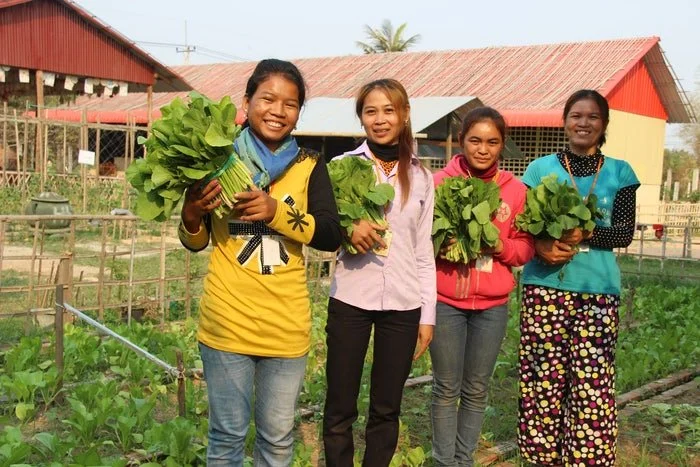Sri Lanka: Resilience in the face of crisis
I’ve been told that I like words and use a lot of them to communicate complex thoughts and recently, I’ve been thinking about this. How words give language to the complicated and often confusing experiences that we all share, how they can help bring to life someone’s worldview. How through the years, reading the words penned by great historians, poets, authors and economists have helped shape my own world view.
This is my meagre attempt at giving language to what is presently happening in Sri Lanka and the conundrum of thoughts going through my mind and possibly yours if you’re a fellow Sri Lankan who now has built a life in a foreign country.
The first feeling I had when the country I call home erupted into chaos and crisis was guilt. Guilt over being able to live peacefully and to a great degree prosperously, in a foreign country while the land I grew up in was being ravaged by corruption, turmoil, theft and the utter abuse of power. The guilt over having meals at our table, safe and reliable passage to work and a stable income while you keep hearing stories of people lining up for hours to get fuel and being subject to multiple power shortages and jobs being lost, dreams being killed and lives being taken.
Today, Sri Lanka’s economic crisis has snowballed into one like never before with catastrophic consequences. At the time of writing, the country’s 23+ million people are facing over 12-hour power cuts, extreme shortages of fuel and basic food, a ban on the sale of petrol and diesel, closed schools and an inflation rate of 17.5%.
Exacerbated by a pandemic which brought tourism to a halt in a highly export-driven economy, the President’s irrational tax-cuts announced in 2020 led to a loss in tax revenue from 11.6% of GDP in 2019 to 8.1% in 2020. Tax revenue from other sources such as Withholding Tax reduced by 75%, a hugely significant hit to the economy. Today, the country is defaulting on its foreign debt for the first time since independence from the British empire in 1948 and facing plummeting credit ratings. The Government’s continued and despicable mismanagement of the economy by thoughtless actions such as banning fertiliser imports (to prevent foreign exchange reserves depleting) in a farming nation and crippling agriculture, undertaking expensive infrastructure projects and subsequently racking up foreign debt and exploiting the resources of the country for private gain; have led to multitudes of people suffering.
From a distance, the feelings are mixed and complex. Combined with guilt is the anger towards a government that was elected for the people but has acted completely contrary to its mandate. As the media is flooded with stories of mothers taking their own lives to protect their children from starvation, to people dying in the heat lining up for fuel, to rampant robbery as food becomes a luxury; it is almost easier to disassociate because part of you can’t believe that this is actually happening in the country you grew up in and being so far away means you got to escape this reality while many others did not have that opportunity.
But in the middle of all these confusing feelings is one of overwhelming hope and admiration, awe at the resilience of the people living in Sri Lanka today. The resilience that helped a country rebuild after decades of civil war, the resilience that didn’t break people after shocking terror attacks in the Easter of 2019 and today, resilience to demand justice and truth from their Government. Coming together across ethnicities, socio-economic groups and religions, are Sri Lankans protesting and marching for the truth and seeking a change. Braving curfews, shutdown of transport and threat of punishment from the Government, the people gathered over months to seek a change in the face of extreme opposition.
Martin Luther King, Jr. reminded us that ‘the arc of the moral universe is long, but it bends toward justice.’
This weekend, it looked like justice was showing glimpses of its face. As people gathered from all across the country in what has possibly been the largest gathering in a country so far, they marched, peaceful yet determined and demanded justice from the perpetrators.
At the time of writing, the current President has committed to stepping down in a few days to form an interim government until an election can be called. Although no one can be sure until it happens, this is a light at the end of a long and dreary tunnel.
It is a hopeful reminder that when people come together in unity for justice, a lot of things can happen. As I pen these thoughts, the feelings are still mixed and confusing and there is an immense feeling of helplessness, but in the face of it all, there is hope in the people of my home land.
Hope that yet again, like many times in our history, my country and its people will come through.
Sources: Verite Research, Sri Lanka; The Conversation; BBC News.






